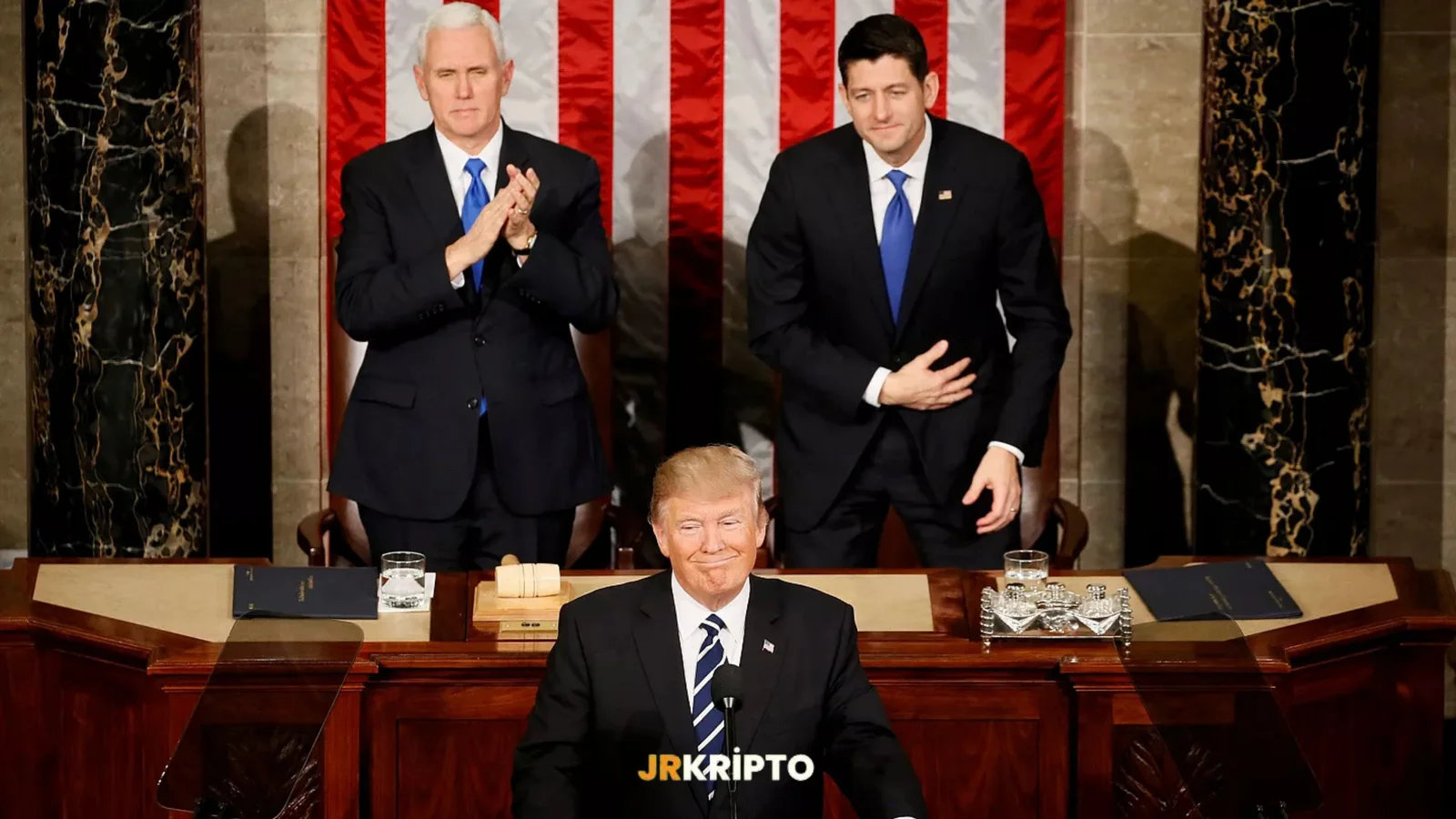US President Donald Trump announced that he has increased the tariff on steel and aluminum products imported from Canada to 50%. This decision was made in retaliation for the tariffs imposed on US-origin energy in the Canadian province of Ontario. The new tariff could increase tensions in US-Canada trade relations.
Trump's Strong Response to Canada
Trump stated in his statement that he had given instructions to the US Department of Commerce and that an additional 25% was added to the existing 25% tariff on steel and aluminum imported from Canada, bringing the total to 50%. The main reason for this decision was cited as Ontario's new tariffs on energy imported from the US.
The US administration argues that Canada's restrictions on the energy sector negatively affect American industry and that the additional tariff is therefore a balancing policy. Trump emphasized that this move was necessary to protect US steel and aluminum producers.
New Tensions in US-Canada Trade
Canada is one of the US's largest trading partners, and trade between the two countries reaches hundreds of billions of dollars each year. However, protectionist policies and mutual trade barriers have recently caused tension in bilateral relations.
The Canadian government reacted strongly to Trump's additional customs duty decision. Officials announced that this decision taken by the US may be against WTO (World Trade Organization) rules and that they may respond.
What Will the Additional Duties Have on the Economy?
The additional customs duties are expected to negatively affect some sectors in both the US and Canada. It is predicted that steel and aluminum prices may increase, especially in the automotive, construction and manufacturing sectors.
US industrialists and some business representatives say that this additional duty will increase costs for consumers and damage production chains. In contrast, the Trump administration argues that US steel and aluminum producers will have an advantage in global competition.
Trump’s move has created new tension in US-Canada trade relations, and is being closely monitored in terms of global trade policies. How Canada responds to this situation will determine the course of economic relations between the US and Canada in the coming period.
The impact of this development on the markets and its implications for the balance of trade between the two countries will become clearer in the coming days.

Author: Besim Şen




